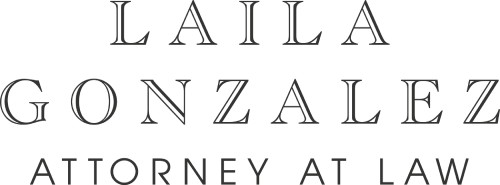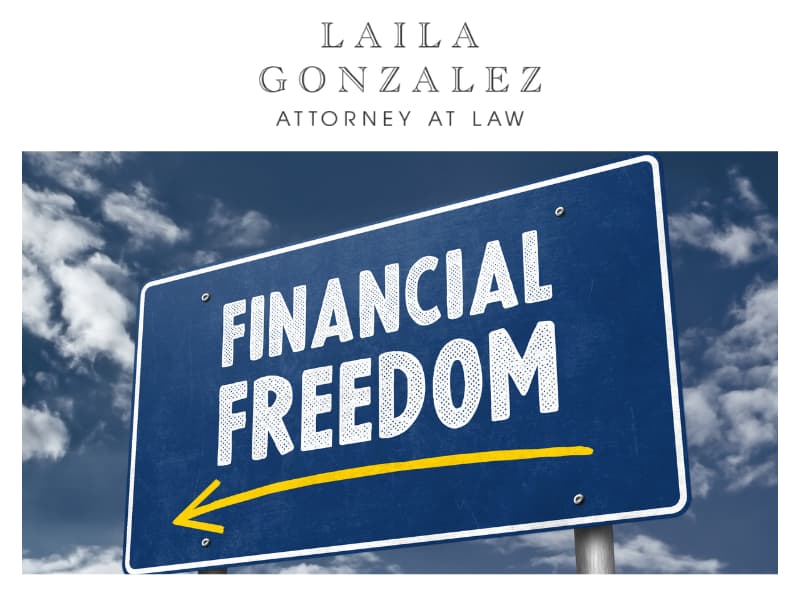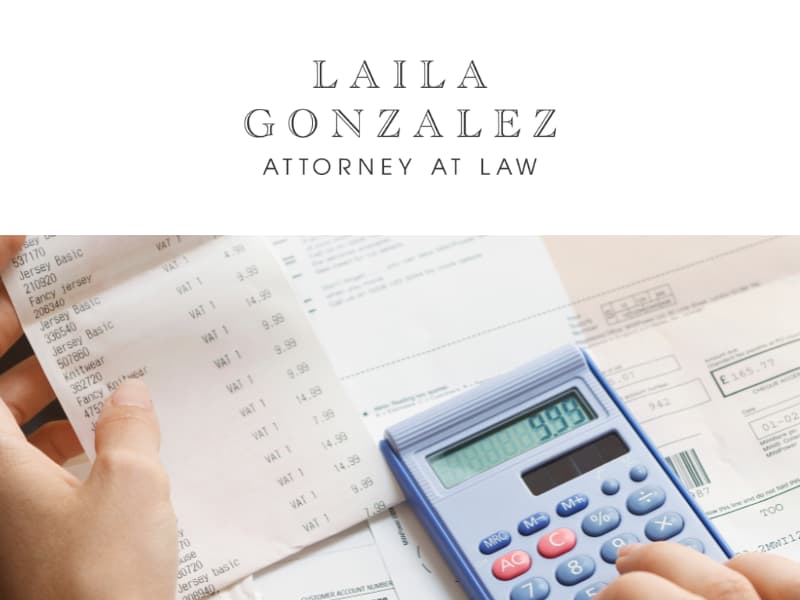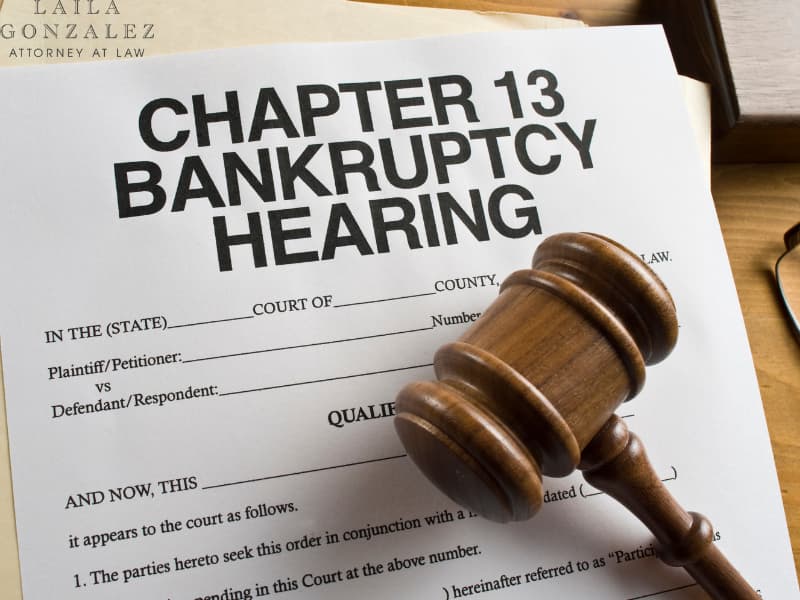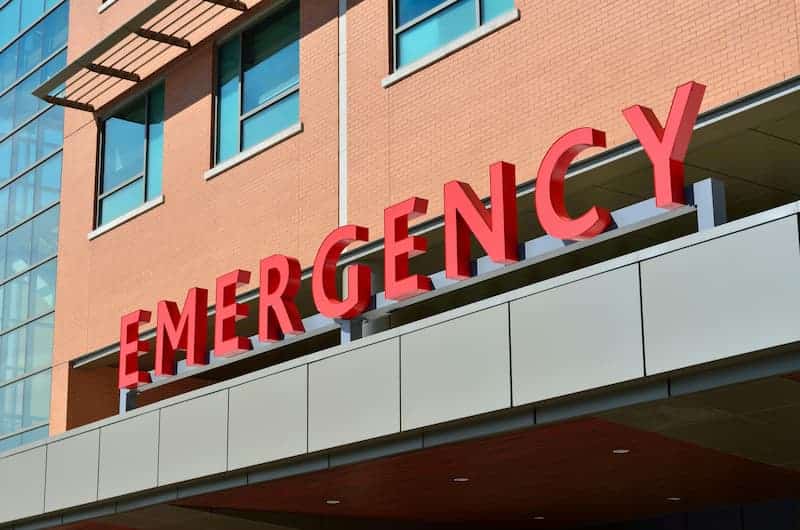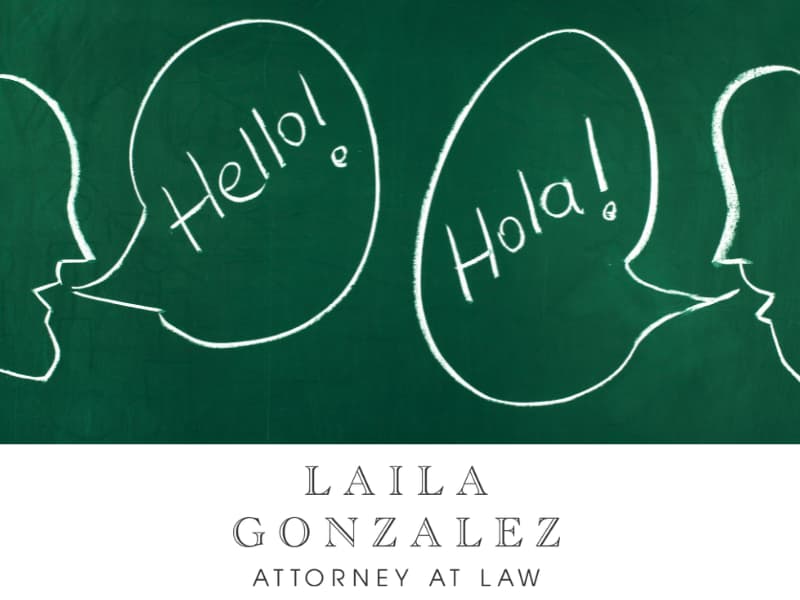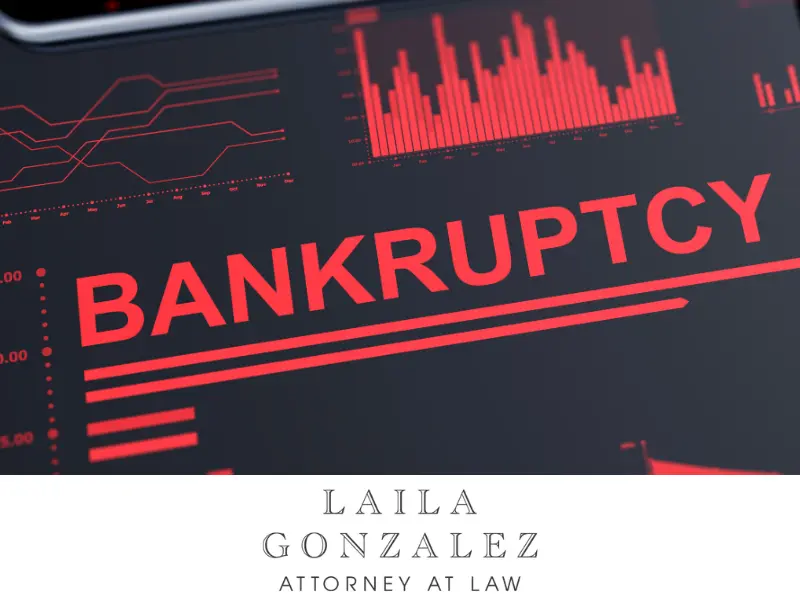Navigating Bankruptcy During Economic Downturns
Navigating bankruptcy can be a daunting process, especially during economic downturns when financial instability is more prevalent. Many individuals and families in Miami find themselves facing overwhelming debt due to job losses, reduced income, and unexpected expenses. Understanding how to navigate bankruptcy during these challenging times is crucial for regaining financial stability.
Understanding the Economic Landscape
Navigating Bankruptcy During Economic Downturns
Economic downturns can lead to increased unemployment, reduced consumer spending, and a general sense of financial insecurity. This environment can amplify the stress of managing debts, making bankruptcy a viable option for many. In Miami, the impact of economic fluctuations can be particularly pronounced, affecting various industries and communities.
The Role of Bankruptcy Lawyers
During these challenging times, having an experienced bankruptcy lawyer can make a significant difference. At the Law Offices of Laila Gonzalez, we offer personalized consultations to help clients understand their options and navigate the complexities of bankruptcy. Our team is dedicated to guiding you through the process with compassion and expertise.
Types of Bankruptcy Available
Navigating Bankruptcy During Economic Downturns
In the United States, there are primarily two types of bankruptcy available for individuals: Chapter 7 and Chapter 13. Understanding the differences between them is essential for making an informed decision.
Chapter 7 Bankruptcy
Navigating Bankruptcy During Economic Downturns
Chapter 7 bankruptcy, often referred to as liquidation bankruptcy, is designed for individuals who cannot repay their debts. Key features include:
- Quick Process: Typically completed within three to six months.
- Debt Discharge: Most unsecured debts, such as credit card debt and medical bills, can be discharged.
- Asset Liquidation: Non-exempt assets may be sold to pay creditors, although many individuals retain essential assets.
For more details about Chapter 7, visit our Chapter 7 Bankruptcy page.
Chapter 13 Bankruptcy
Navigating Bankruptcy During Economic Downturns
Chapter 13 bankruptcy is often called reorganization bankruptcy. It allows individuals to keep their assets while repaying debts over a period of three to five years. Key features include:
- Repayment Plan: Debtors propose a plan to repay their debts based on their income and expenses.
- Asset Protection: Individuals can retain their property as long as they adhere to the repayment plan.
- Eligibility: Must have a regular income and meet specific debt limits.
For more information, check our Chapter 13 Bankruptcy page.
Steps to Navigate Bankruptcy
Navigating Bankruptcy During Economic Downturns
1. Evaluate Your Financial Situation
The first step in navigating bankruptcy is to assess your financial situation. Gather all relevant documents, including income statements, bills, and any outstanding debts. Understanding your overall financial picture is crucial for making informed decisions.
2. Consult with a Bankruptcy Lawyer
Consulting with a bankruptcy lawyer is essential for understanding your options. Our team at the Law Offices of Laila Gonzalez can evaluate your situation and help you determine whether bankruptcy is the right choice for you. Schedule a free consultation by calling us at (305) 826-1774.
3. Choose the Right Type of Bankruptcy
Based on your financial situation, your lawyer will help you decide whether Chapter 7 or Chapter 13 bankruptcy is more suitable. Each type has its own advantages and limitations, and your attorney will provide insights tailored to your circumstances.
4. Prepare Your Bankruptcy Petition
Once you decide on the type of bankruptcy, your lawyer will help you prepare the necessary paperwork. This includes filling out forms detailing your financial situation, debts, and assets.
5. Attend the Meeting of Creditors
After filing your bankruptcy petition, you will need to attend a meeting of creditors, also known as a 341 meeting. This is an opportunity for creditors to ask questions about your financial situation. Your attorney will accompany you to guide you through the process.
6. Complete Financial Management Courses
Before your debts can be discharged, you will be required to complete a financial management course. This course helps you understand budgeting and financial responsibility moving forward.
The Benefits of Bankruptcy During Economic Downturns
Navigating Bankruptcy During Economic Downturns
Bankruptcy can provide numerous benefits during economic downturns, including:
- Debt Relief: Bankruptcy can discharge most unsecured debts, providing immediate relief.
- Fresh Start: It offers a chance to rebuild your financial life without the burden of overwhelming debt.
- Stop Harassment: Filing for bankruptcy automatically halts collection actions and creditor harassment.
For more resources on how bankruptcy can help, explore our Bankruptcy Tips.
Frequently Asked Questions (FAQ)
Navigating Bankruptcy During Economic Downturns
1. Can I keep my home if I file for bankruptcy?
Yes, particularly under Chapter 13 bankruptcy, where you can keep your home by catching up on missed payments through a repayment plan.
2. How long does the bankruptcy process take?
Chapter 7 bankruptcy typically takes three to six months, while Chapter 13 can take three to five years due to the repayment plan.
3. Will all my debts be eliminated?
No, certain debts like student loans, child support, and some taxes are generally not dischargeable in bankruptcy.
4. What is the cost of filing for bankruptcy?
Filing fees can range from $300 to $700, plus potential attorney fees. Many firms, including ours, offer payment plans for legal services.
5. How can bankruptcy affect my credit score?
Both types of bankruptcy will negatively impact your credit score, but Chapter 7 stays on your report for up to 10 years, while Chapter 13 remains for up to 7 years.
Conclusion
Navigating Bankruptcy During Economic Downturns
Navigating bankruptcy during economic downturns can be challenging, but it is essential to understand your options. With the right guidance, you can regain control over your financial future. The Law Offices of Laila Gonzalez are here to support you through this process with personalized attention and expert advice. If you are facing financial difficulties, don’t hesitate to reach out for a free consultation. Together, we can work toward a brighter financial future.
Navigating Bankruptcy During Economic Downturns
- U.S. Courts – Bankruptcy Basics
- Nolo – Bankruptcy Overview
- FindLaw – Chapter 7 Bankruptcy
- Investopedia – Chapter 13 Bankruptcy
- American Bankruptcy Institute
- National Consumer Law Center
- Credit Karma – How Bankruptcy Affects Your Credit
- Experian – Understanding Bankruptcy
- The Balance – Bankruptcy Basics
- Consumer Financial Protection Bureau – Bankruptcy
For more insights and assistance, visit our Bankruptcy Lawyers Miami page.
Navigating Bankruptcy During Economic Downturns
